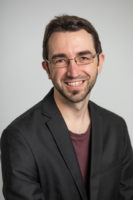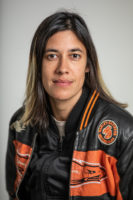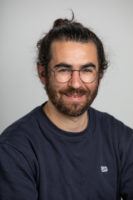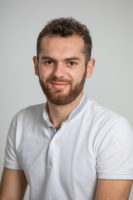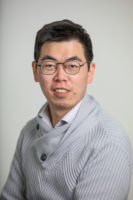Matthias Merkel (CPT)
Self-organization and collective effects in living systems
His background
February 2019 - present | CENTURI group leader
2015 - 2018 | Postdoctoral fellow, Syracuse University (USA)
2010 - 2015 | Ph.D. in physics and Postdoctoral fellow, Max Planck Institute for the Physics of Complex Systems, and Technical University of Dresden (Dresden, Germany)
2003 - 2009 | Diploma in physics, Max Planck Institute for the Physics of Complex Systems (Dresden, Germany)
Contact
Location
Luminy campus, Marseille (France)
About his research
Self-organized deformation of biological tissues
During animal development and regeneration, tissues and organs grow and deform in a self-organized manner. We want to focus on oriented deformation processes, for which many examples exist throughout development. How can self-organized, oriented tissue deformation be robust? This is far from obvious, because many existing physical theories predict instabilities of such oriented actively deforming materials. We want to understand how the occurrence of such instabilities can be prevented (or even harnessed) during developmental processes and establish quantitative criteria for that.
Collaborations exist with the group of Thomas Lecuit on epithelial flows and invaginations during Drosophila embryogenesis and with the group of Pierre-Francois Lenne on gastruloid deformation.
Mechanical properties of disordered systems
How do large-scale properties of disordered systems arise from the complex interplay of their microscopic constituents? This question is important to understand a large class of materials both living and non-living. In a recent publication we have already shown that one can make surprisingly general analytical predictions about the elastic macroscopic properties of the broad class of athermal, under-constrained materials. This is relevant to understand systems as diverse as semiflexible polymer networks like collagen and cell-based models for biological tissue. We want to extend these ideas in several directions, e.g to over-constrained materials, to include finite temperatures, and to include reversible cross-linkers. This will allow us to more accurately predict the macroscopic properties of many disordered materials and directly link them to their microscopic structure.
Team members
PhD and postdoc openings
------------------------
If you are interested in joining the team or if you just have some questions, please do not hesitate to send an email to Matthias (matthias.merkel@univ-amu.fr).
PhD and postdoc openings: Theory of mechano-genetic interactions in stem cell aggregates
----------------------------------------
We are looking for motivated master interns, PhD students, and postdocs in theoretical physics to work on the interactions between mechanics, biochemistry, and genetics in stem cell aggregates. The positions are fully funded by the ERC Synergy Grant project BREAKDANCE. Our theory work will be carried out in close collaboration with the experimental labs of Pierre-François Lenne (Marseille), Vikas Trivedi (Barcelona), and Verena Rupprecht (Barcelona).
For more details on the positions, please see https://www.merkellab.net/open-positions
A recent preprint from our consortium can be found here: https://www.biorxiv.org/content/10.1101/2023.09.22.559003
Please do not hesitate to contact Matthias (matthias.merkel@univ-amu.fr) for any informal inquiries.

